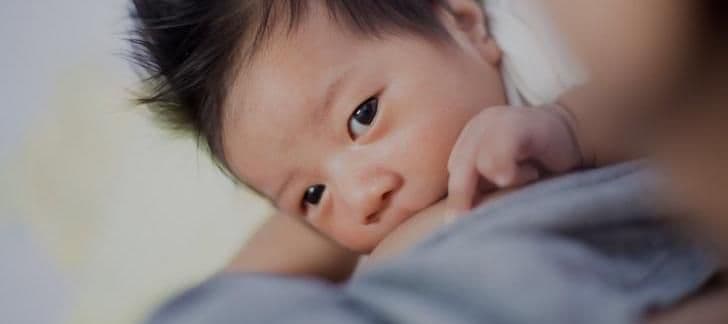Lower Sexual Interest in Postpartum Women
Women's Health News
Obie Editorial Team
After giving birth, women often report having lower sexual interest. It is often accepted as just being a part of giving birth and moving from pregnant woman to new mom. Lack of sleep and overall stress associated with caring for a newborn can also come into play, but what if there is a physical change that occurs in the body to stop women from feeling sexually interested after birth. The revelation could help women feel less negative about looming sexual interest.
Researchers from Indiana University gathered information on sexual arousal from about 60 women. Half of the women were postpartum and other half had not just given birth - the control. The women were shown pictures falling into three categories - sexually arousing, newborn and neutral. Levels of amygdala were measured in response to the pictures.
Women in the postpartum group felt the sexual pictures were less arousing than women in the control group. Activation of right amygdala was lower in postpartum women compared to the control group. Infant pictures also played an important part in the study. Compared to the control group, postpartum women felt the infant pictures were less arousing than control group women until oxytocin came into the picture. When the control group was given nasal oxytocin, the arousal rating for infant pictures rose to the same level rated by postpartum women.
Conclusion: Women who are in the postpartum phase of pregnancy are less likely to be aroused in sexual situations, which could account for the reduced sexual drive and interest. There are potentially physiological changes occurring in the body that promote this reduction in sexual interest.









